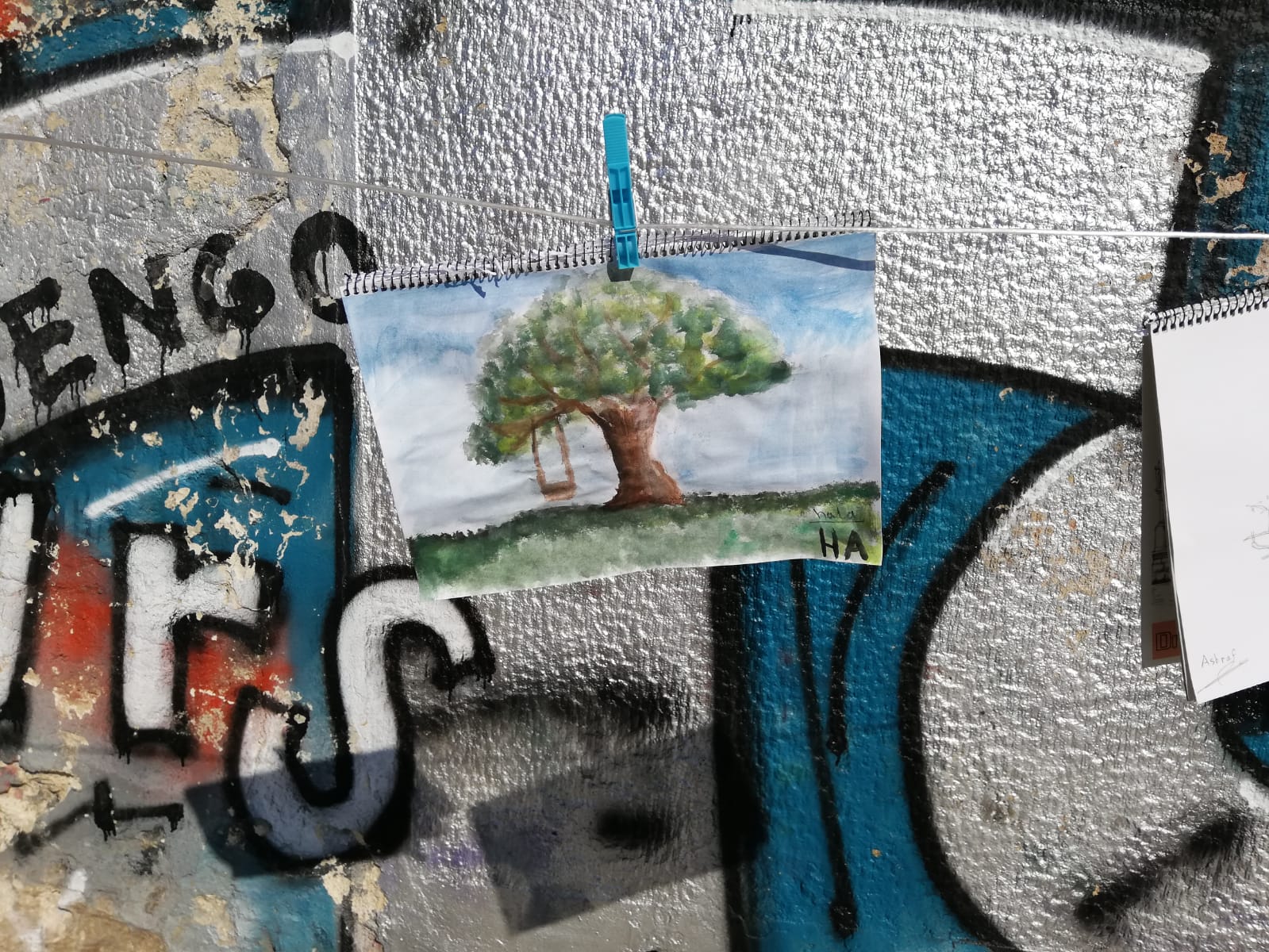
Dear friends
You are certainly informed about the very difficult situation in the Greek hotspots on the Aegean islands of Lesbos, Chios and Samos for the refugees and migrants coming through Turkey mostly from Syria and Afghanistan. It is evident that apart from what European and national institutions should do, there is a task also for private organisations and individuals to do their best in order to guarantee to refugees the right to live in dignity, to participate in the social life and to be able to find a job. In this way, there are win-win solutions for all, the new-comers and local communities.
The social cooperative Wind of Renewal (Άνεμος Ανανέωσης) and the Welcommon Hostel, in Athens, Greece, are willing to contribute to the accommodation, empowerment, social inclusion, job integration for a number of persons in our place. We address this offer, to the most vulnerable persons (families, single / pregnant women, disable persons, victims of trafficking, torture and rape etc) and we are ready to collaborate with NGOs and refugees / migrants communities for the next months, until there is a clear situation. Despite the problems created by coronavirus, there are many people who would like to help also the vulnerable groups in a period of crisis. But we need support in order to be able to finance:
- the cost for accommodation, breakfast, social empowerment, job training, non formal education, language lessons and preparation for a job,
- the hiring of a number of refugees as employees for such a project.
We need donors immediately to be able to support our “remain human-welcome” project. Donations of all sizes are welcome and necessary. You can also support us informing your social networks, friends, universities, through social media, real life social networks and all other communication channels. You can make donations now through our bank accounts:
– ANEMOS ANANEOSIS / WIND OF RENEWAL
Cooperative Bank of Karditsa
ΙΒΑΝ GR 7608900100003010003540200
Bank of Karditsa’ s BIC / Swift Code is STKAGRA1
– ANEMOS ANANEOSIS / WIND OF RENEWAL
Piraeus Bank
IBAN: GR83 0172 0180 0050 1807 7868 253
Piraeus’s BIC code is PIRBGRAA
Please send us your details for the invoice and inform us if you are willing to publish your donation at our website for transparency reasons.
- Donors-institutions able to contribute €5,000 or more will receive an original painting of their choice from our collection of quality artworks provided by local artists who wanted to help us to achieve the social and environmental objectives.
- Donors – Individuals can pre-book their stay in our WELCOMMON HOSTEL with 30% reduction of the room cost (before taxes) in the next 2 years
We remain at your disposal
Yours sincerely,
Nikos Chrysogelos PolinaGkioka Apostolos Ioakimidis
Chairman of “Wind of Renewal” vice-president treasure of the board
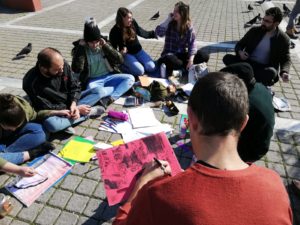
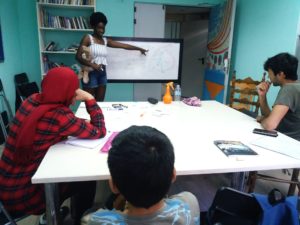
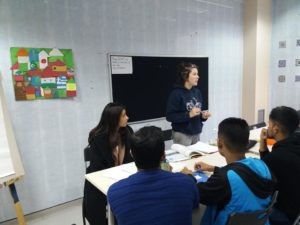
About Wind of Renewal, WELCOMMON center for refugees and the WELCOMMON HOSTEL
Wind of Renewal social cooperative
- It was established in 2014 as a center for the promotion of social economy and green innovation, intercultural dialogue, climate action and energy transition.
- In September 2016 the innovative center for refugees, WELCOMMON (Welcome in common), was established in a seven floor old hospital with the support of UN and the Athens regionin order to host in dignity more than 600 vulnerable refugees. It operated as such until February 2018.
- In this context we have employed and partially hosted more than 300 volunteers from all over the world for supporting non formal education, socializing, empowerment, art therapy, social inclusion and language / intercultural lessons for refugees, migrants and locals (staying in our premises and outside). We also organized the “Days of WELCOMMON”, to offer intercultural courses with the volunteers.
- We are very proud that our social cooperative enterprise ANEMOS ANANEOSIS / WIND OF RENEWAL has received 5 European-level distinctions for our contribution to the social economy, social green innovation and intercultural dialogue
Please find out more about:
www.facebook.com/daysofwelcommon
https://anemosananeosis.gr/en/vol765/
https://anemosananeosis.gr/en/5prizes/
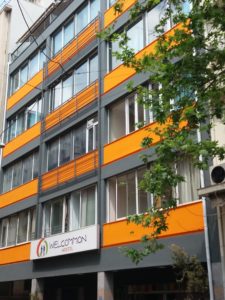
The WELCOMMON HOSTEL
- After the interruption of the funding for housing of refugees (9/2016-2/2018), WoR opened in June 2018, the WELCOMMON HOSTEL, without any grant, capital or support. The aim was to continue the work on social and ecological solutions by providing training and employment for refugees and unemployed young Greeks. At the same time, we improved our tourism offer by providing opportunities for guests to stay and collaborate with us. We use five stores of our seven-floor building in Exarcheia, Athens, to welcome visitors. The remaining two stories are used for our social and ecological projects. Despite the lack of financial resources we were able to continue, not without difficulties, our innovative, volunteer-led program of social inclusion and integration activities (music, art, film, family picnics, cooking workshops, co-learning opportunities and sports) for refugees and
- In 2020, we :
– Provide free language classes/intercultural courses for refugees and local Greeks
– Offer a rich program of inclusive cultural activities
– Support integration through music, art, comedy and film events
– Raise awareness of our next generation to tackle the climate crisis by training 200 teachers from 73 schools in Athens to harness the enthusiasm of over 3,000 students, in the frame of EUKI Climate Schools Be.Ath
– Support 11 young Greeks to gain professional qualifications in energy reduction and transition-creating social and ecological change holistically, in the frame of EUKI YESclima
– Are ready to engage and support any other project in line with our objective for social inclusion and climate action – from family picnics to seminars on the green economy and everything in between
Please find out more about the Hostel in:
– Welcommon Hostel: www.welcommonhostel.gr
– Welcommon Hostel in facebook: www.facebook.com/welcommonhostel
– Welcommon Hostel in instagram: www.instagram.com/welcommonhostel
– Our building and sustainable tourism: www.welcommonhostel.gr/rooms-list
More about us:
– Welcommon, a model housing and social inclusion centre for refugees (9/2016-2/2018) https://www.youtube.com/watch?v=FMBwqRxDotk&feature=youtu.be
What the refugees themselves and others told about the role of WELCOMMON
–Documentary “WorkingWithRefugeeCommunities in Greece”, by the “In place ofWar” (IPOW) in cooperationwith Anna LindhFoundation
–Bibiche, fromKongo, “Whatyoureallyknowaboutthe refugees”
–Beshir, fromSyria, “Whatyoureallyknowaboutthe refugees”
–Ghassan, from Syria, “Whatyoureallyknowaboutthe refugees”
– An article published by the e-newsletter «Cooperative.news»: «Taking steps to meet the long-term needs of refugees»
–Our history: www.welcommonhostel.gr/slider/you-can-feel-the-history-of-welcommon
– Social change in our community: www.welcommonhostel.gr/social
Wind of Renewal: www.anemosananeosis.gr, www.anemosananeosis.gr/en/about-us-en/ ,
Six years of innovation: https://anemosananeosis.gr/en/sgi5667-2/
social media: www.facebook.com/socialcooperatives
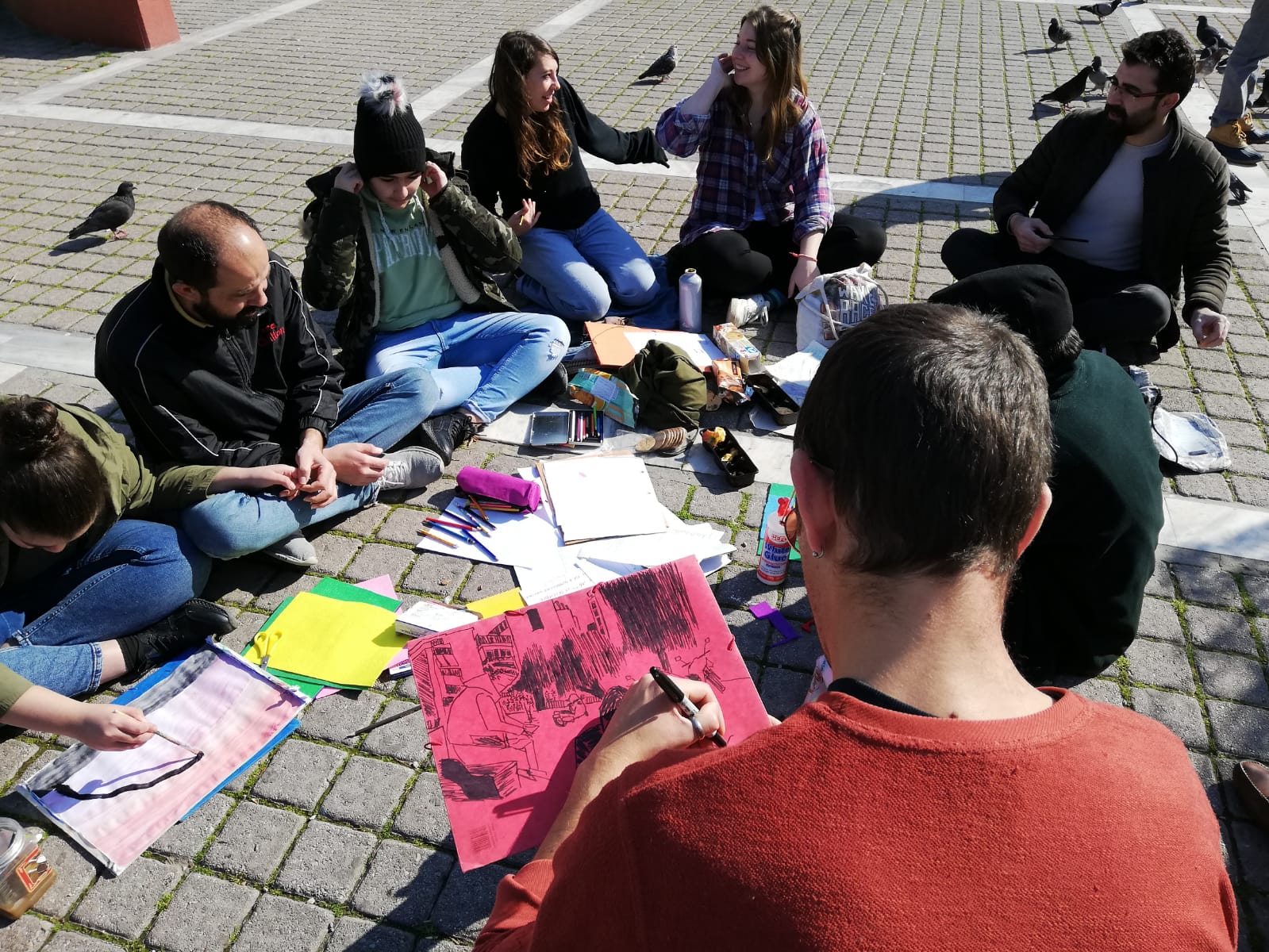

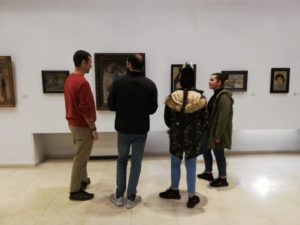
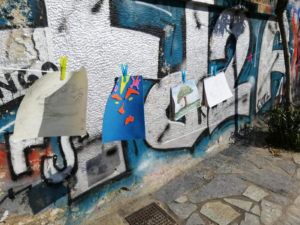
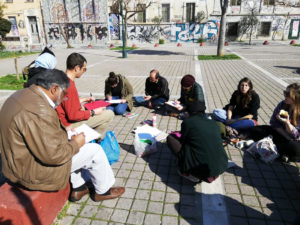
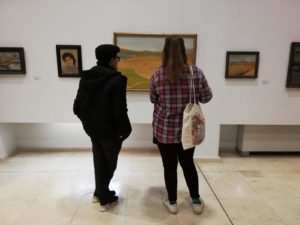
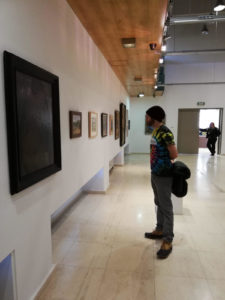
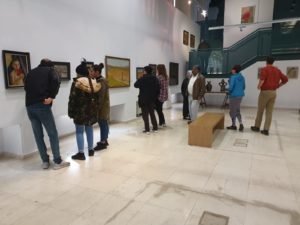
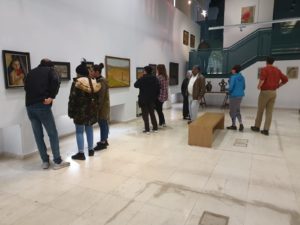
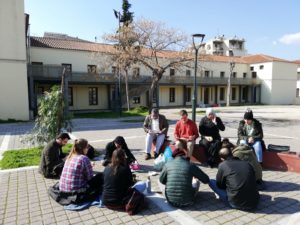
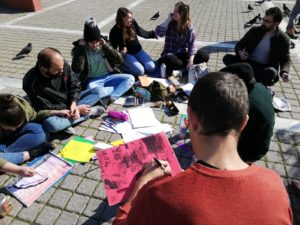
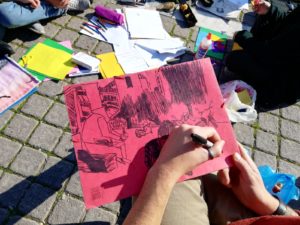
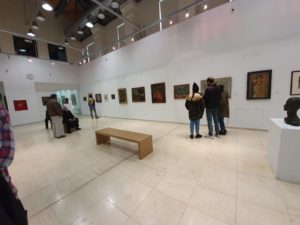
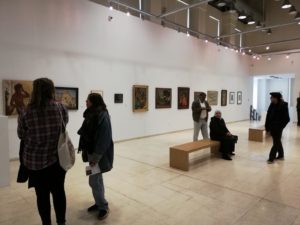
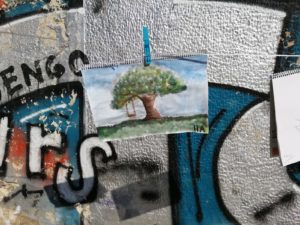
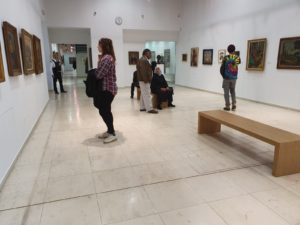
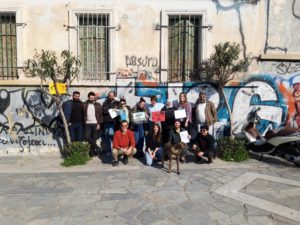

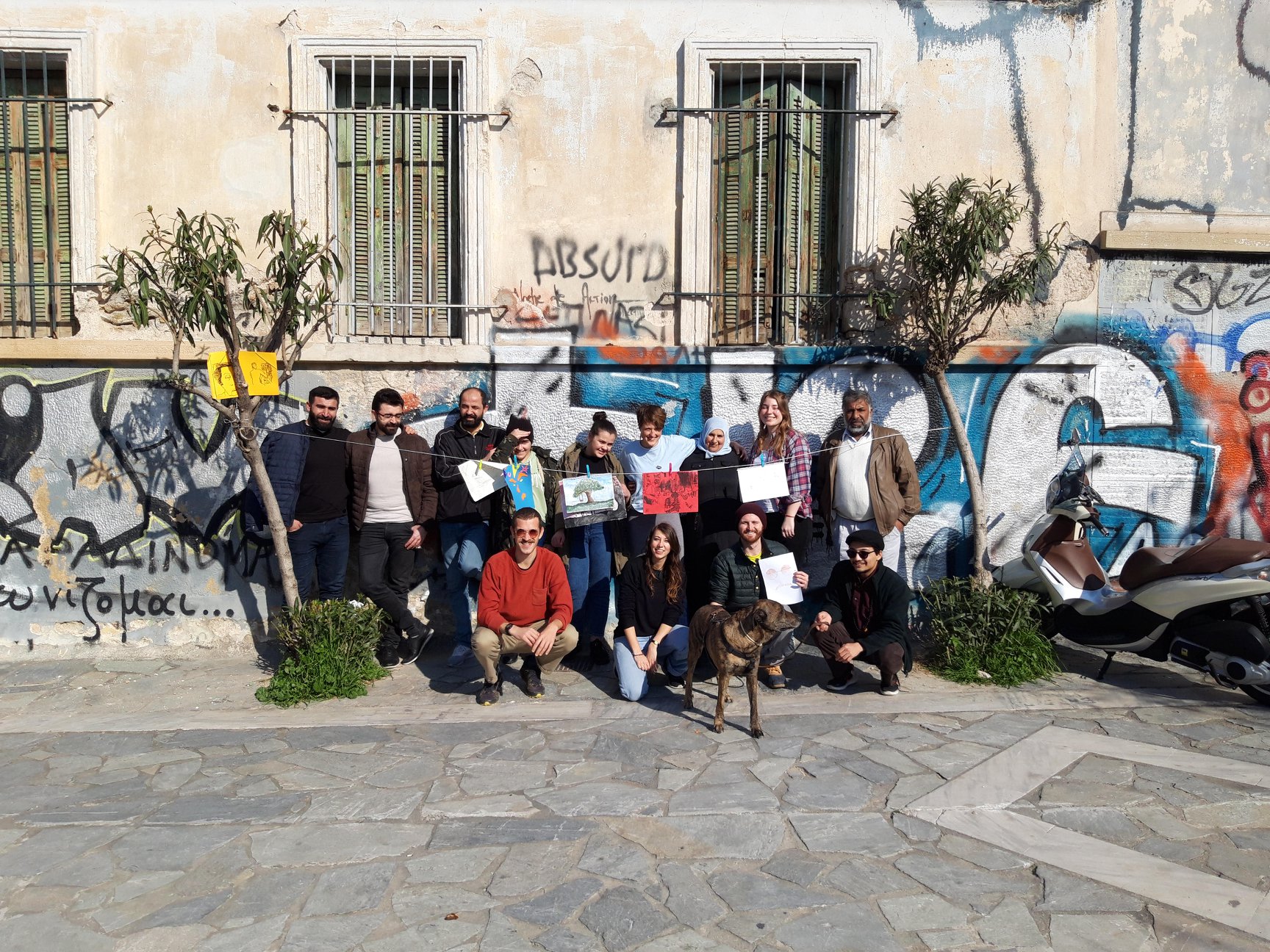
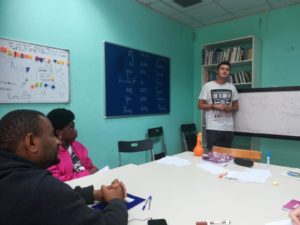
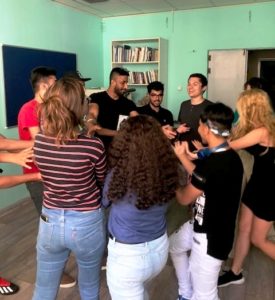
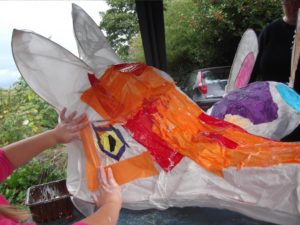
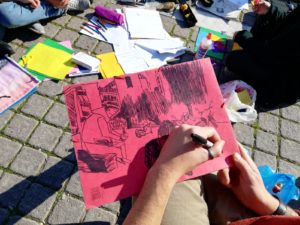

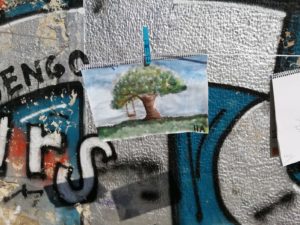
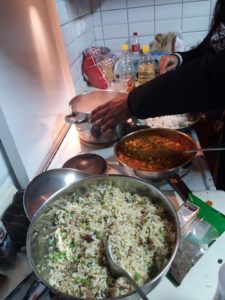
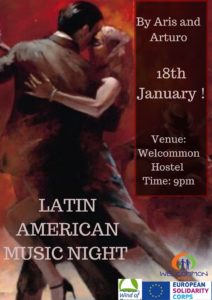
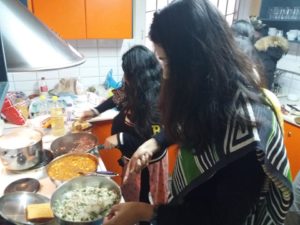
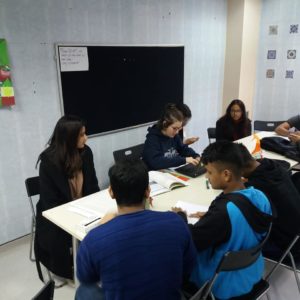
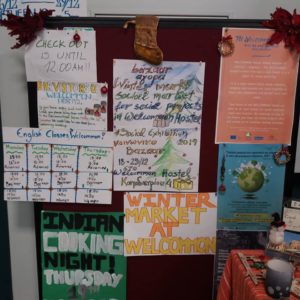
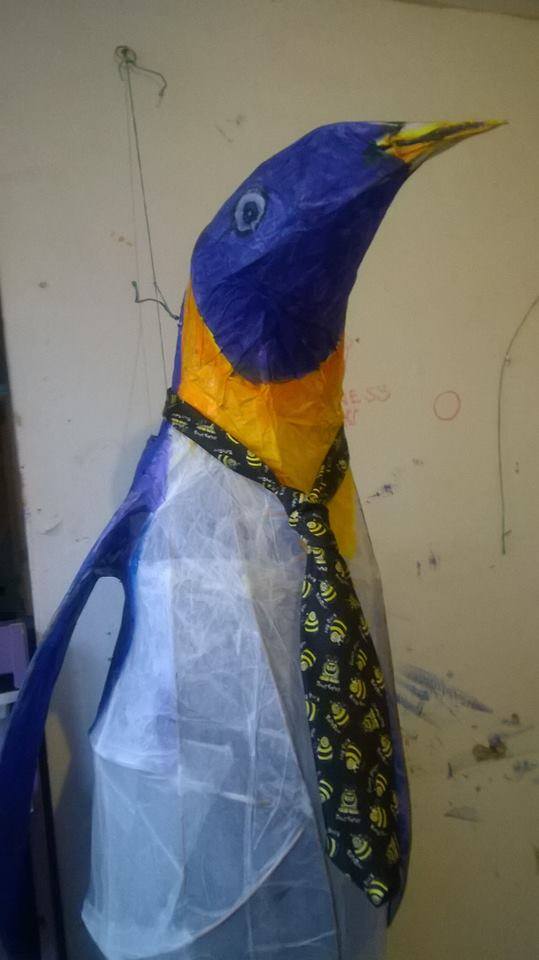














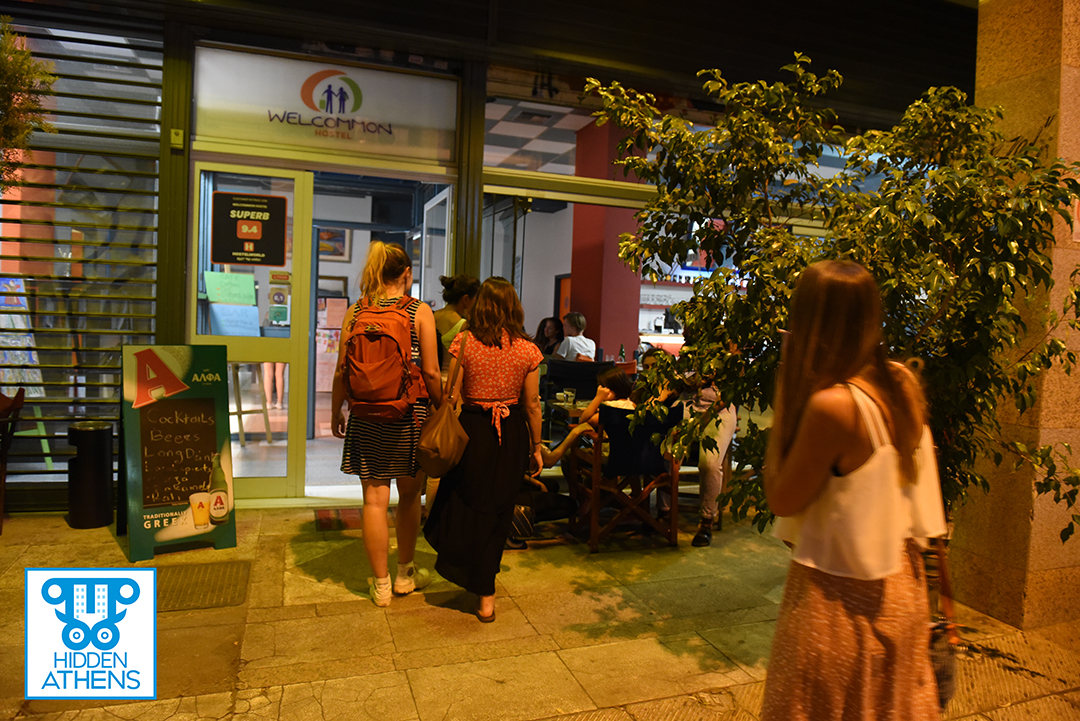














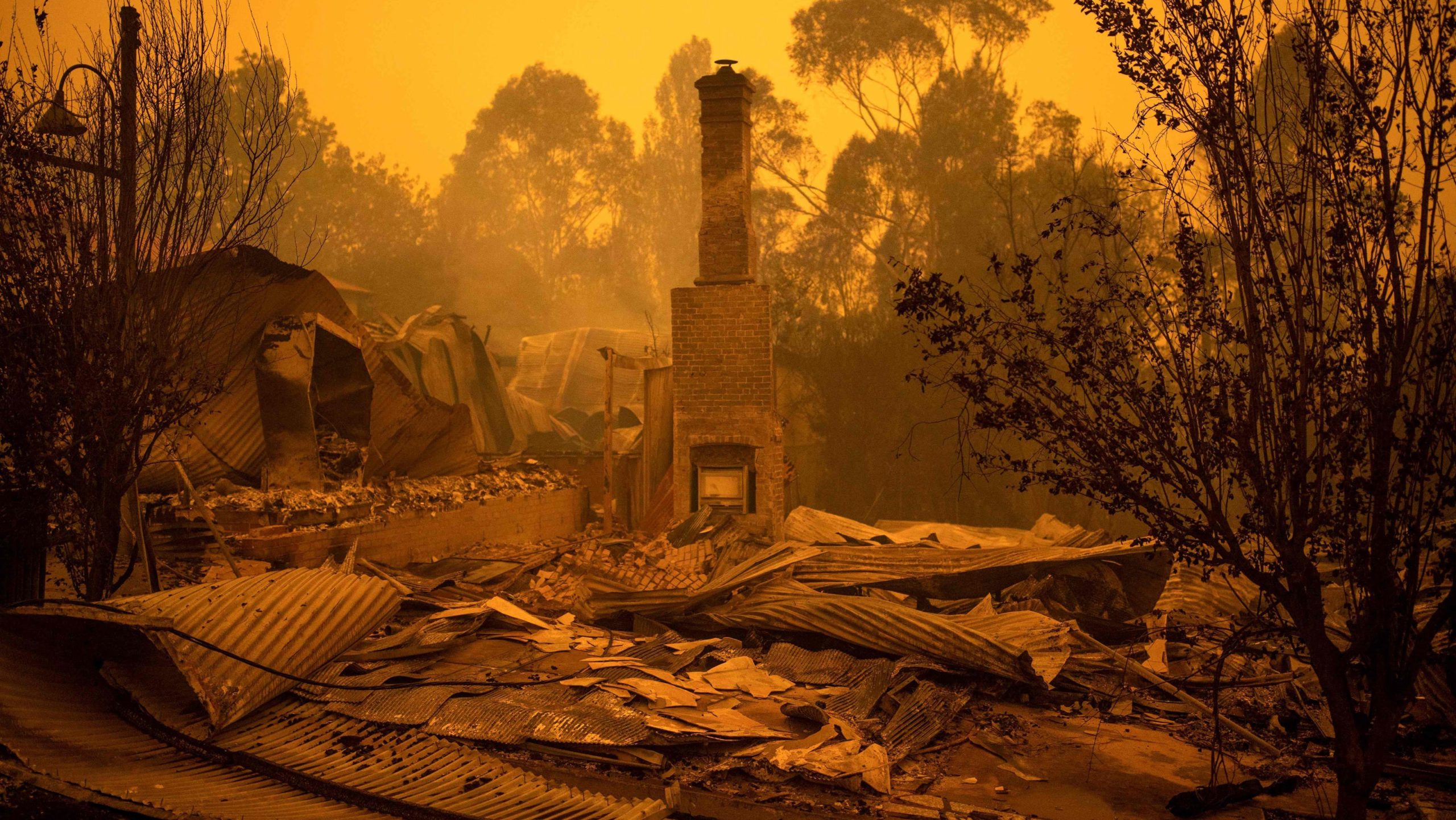
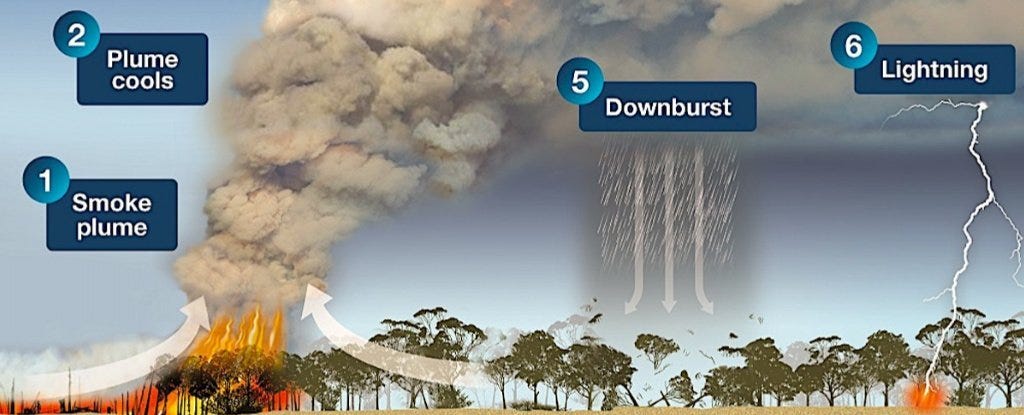
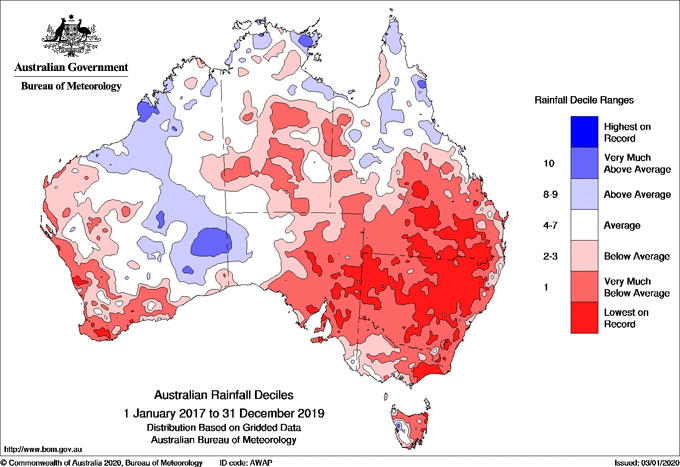
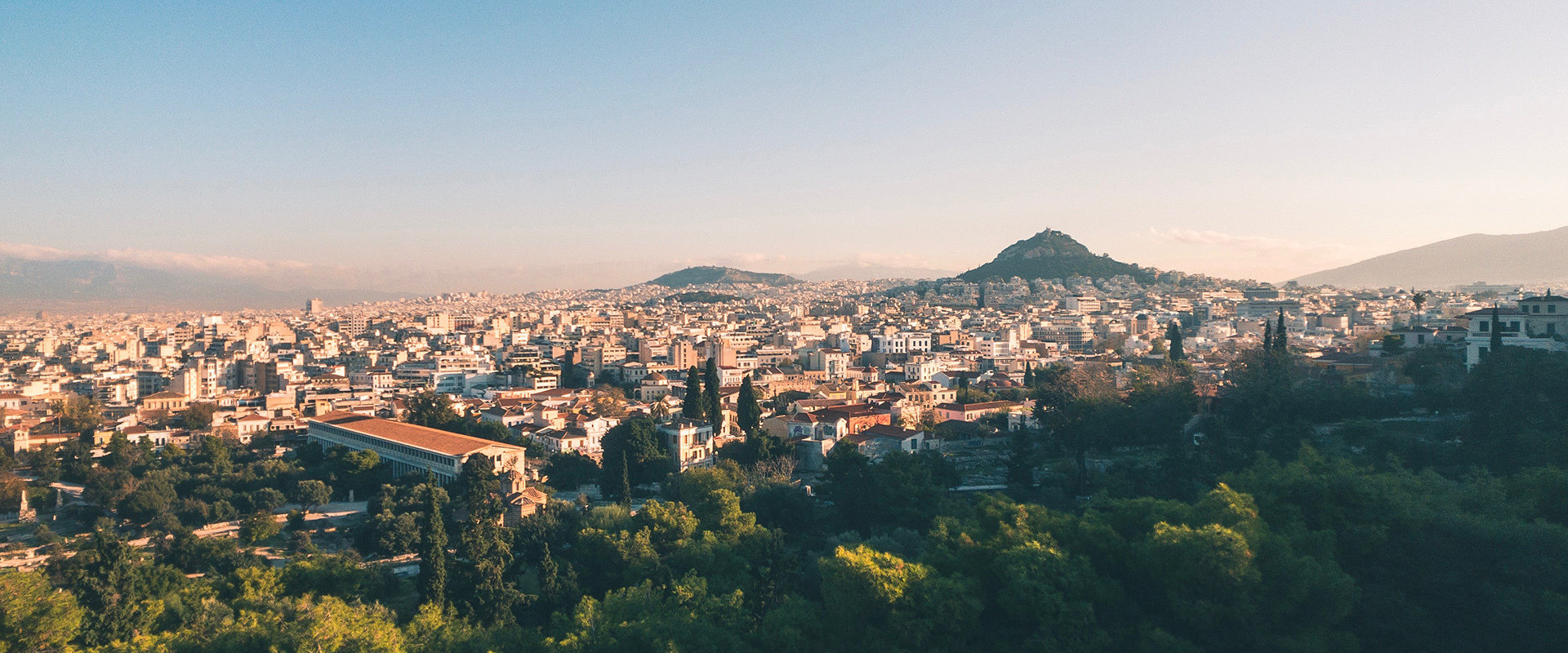

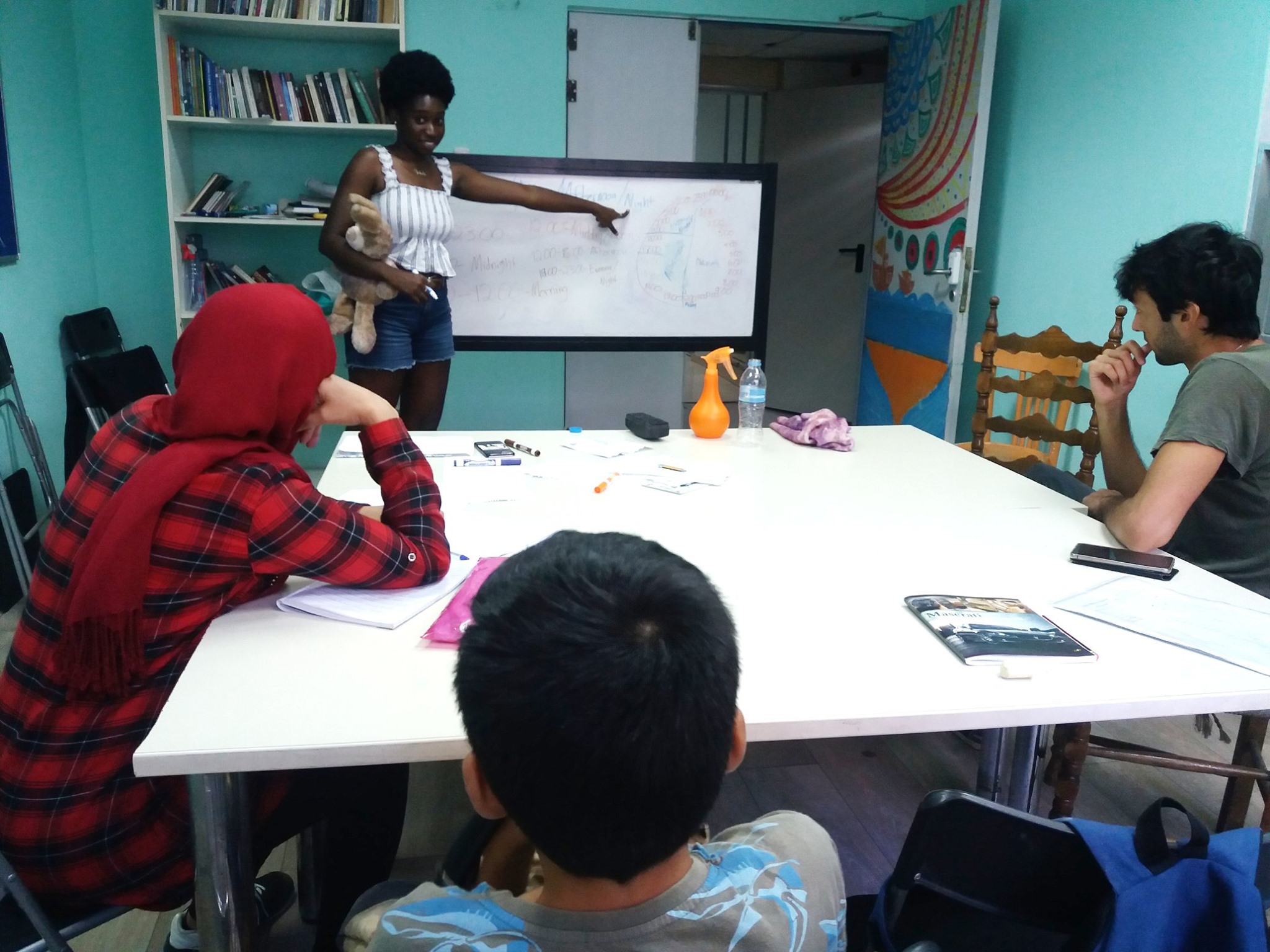
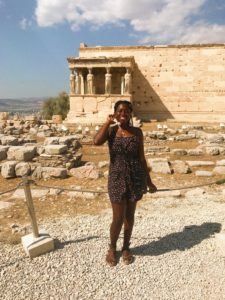
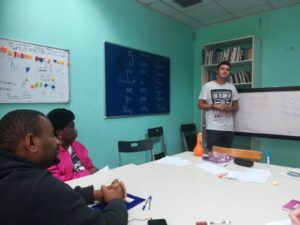
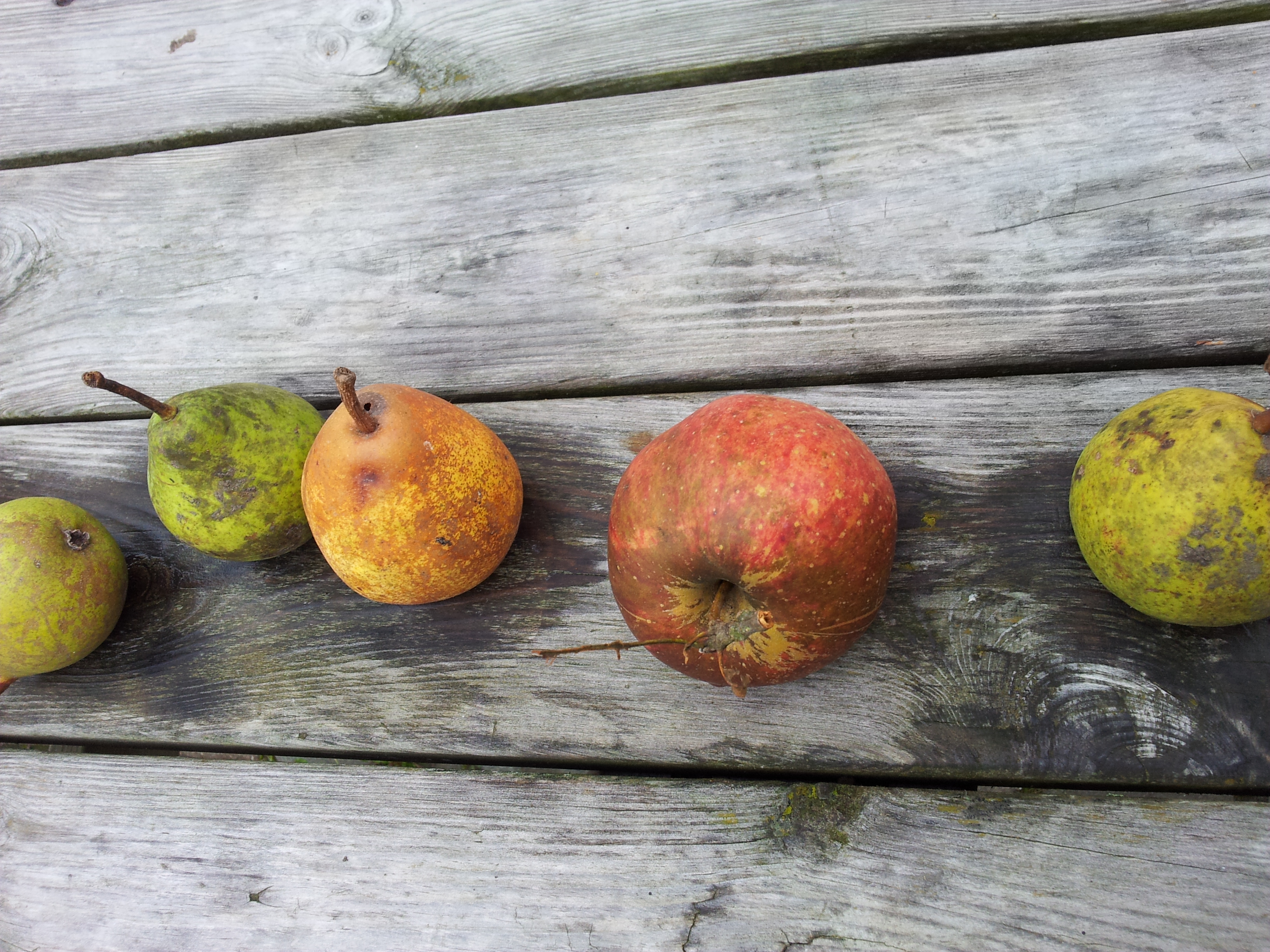
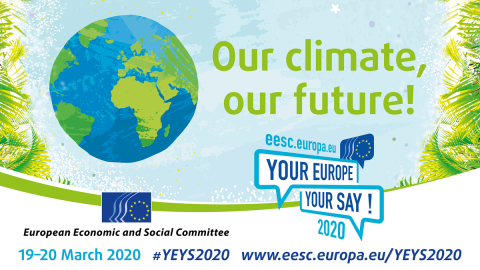

Recent Comments